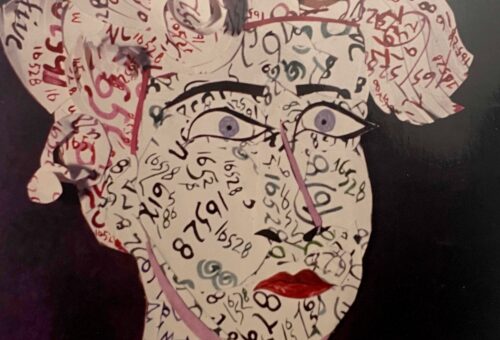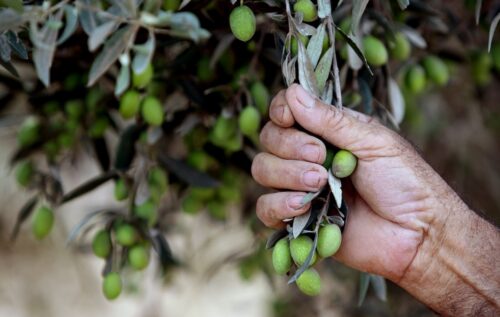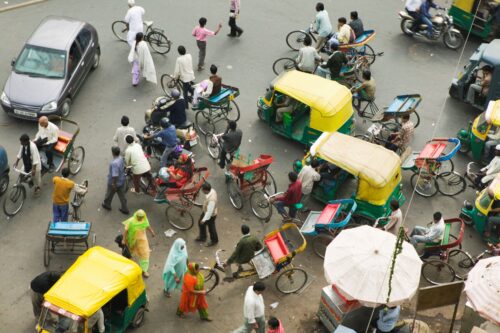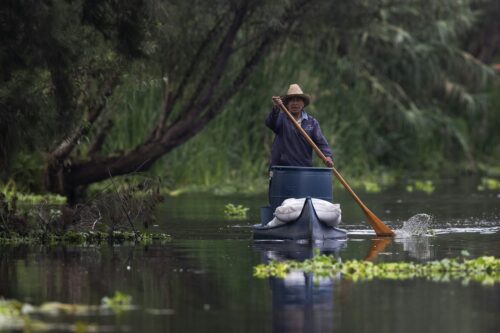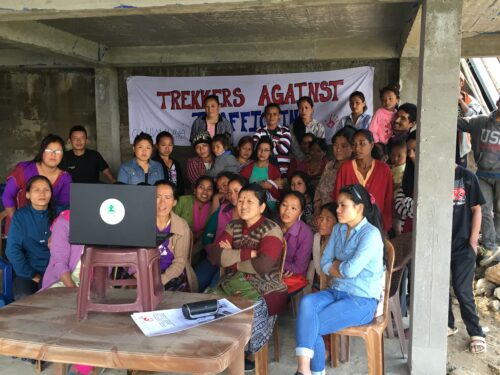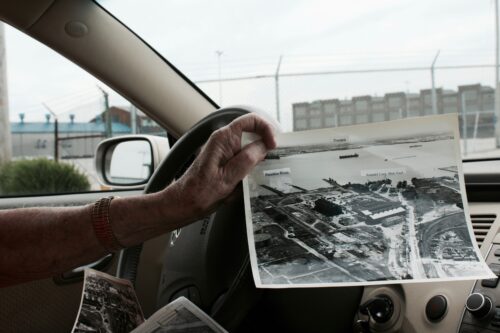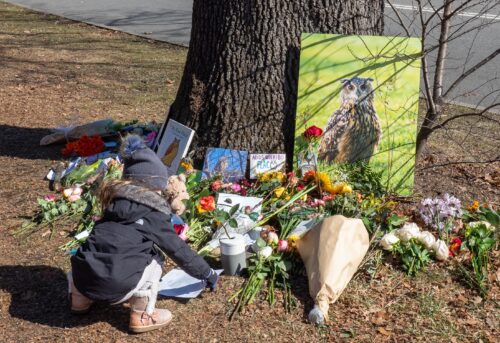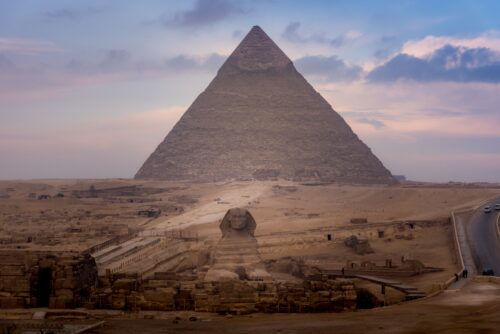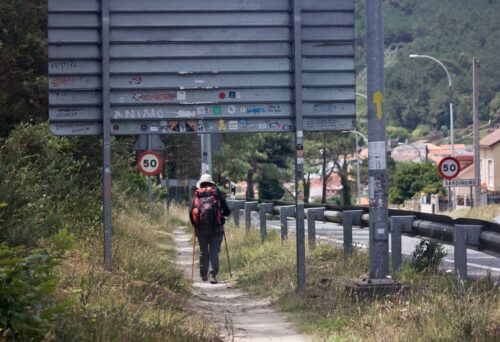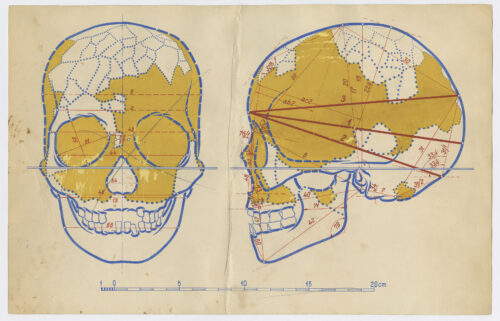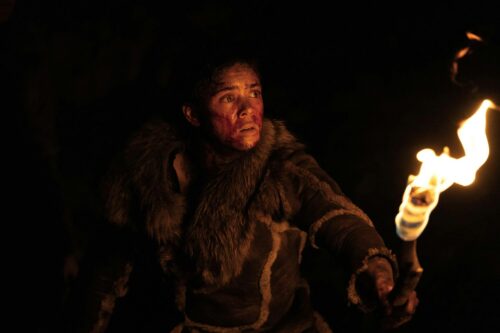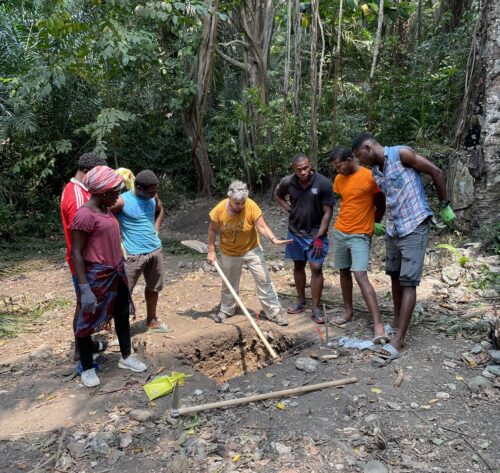A Call for Anthropological Poems From Within “Zones of Conflict”
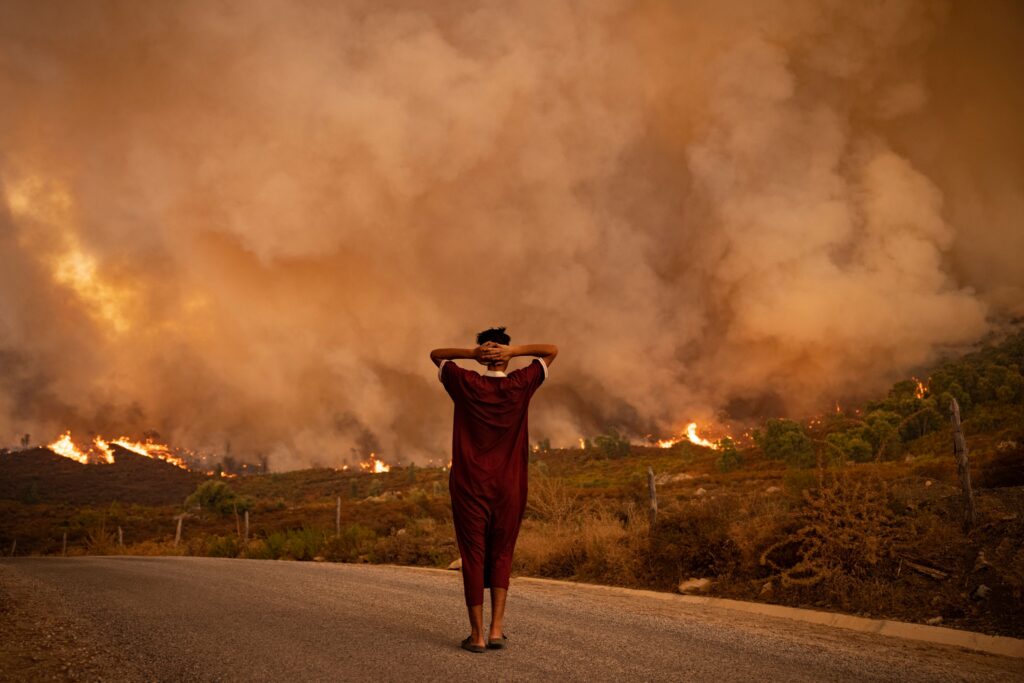
SAPIENS magazine invites creative works for the upcoming poetry project: Poems of Witness & Possibility: Envisioning Futurity From Inside Zones of Conflict, Disturbance, and Oppression.
As humanity’s existence becomes increasingly perilous, our editorial team asks how people living inside zones of conflict, disturbance, and oppression can creatively respond to and critique these times while also imagining alternate futures through poetry.
Such Zones May Include:
–sociopolitical conflict zones
–occupied territories
–ideological fault lines
–racist or ethnocentric spaces
–areas experiencing neo-colonization or decolonization
–places of environmental ruptures
–social spaces built on gender violence
–sites of human rights violations or assaults on dignity and lifeways
–attacks on Indigenous survival
–spaces impacted by AI or other technologies
–the field of anthropology itself
Inside these zones, the seeds of possibility for a more just, equitable, and sustainable future may be excavated and cultivated—one of connection, resilience, care, and belonging. Poems can do the work of calling forth these possibilities and visions.
We invite submissions of poems to this special call by September 15, 2023. Details below.
Why Anthropology?
Many efforts within anthropology today seek to critique and disrupt a legacy of colonialist theories and practices—excavating what the field can offer at present and into the future.
In recent conversations on decolonization and abolition within the field, anthropologists have highlighted practices and processes that can contribute to crafting other worlds. As anthropologist Savannah Shange has written, such tools of the discipline are: “listening deeply, bearing witness, challenging the inevitability of the state, and building deep transnational and cross-diasporic relations.”
This work involves creating an authentic anthropology from the perspective of counter-narratives and critical intellectual traditions. The foundations for this call can be seen in Faye Harrison’s Decolonizing Anthropology, the World Anthropologies Network, and Jafari Sinclaire Allen and Ryan Cecil Jobson’s essay “The Decolonizing Generation: (Race and) Theory in Anthropology since the Eighties,” among many others.
In recent years, anthropologists have moved away from debates about universalism and relativism. Rather, they have increasingly focused on the ethical and practical dilemmas of their work. Shannon Speed, for example, suggests a collaborative research model that demonstrates a desire to see the rights of interlocutors respected. This entails an anthropological commitment to contribute insights to a community’s struggle through one’s ethnographic work.
For instance, poet-anthropologist Ather Zia uses ethnography to center narratives among parents of disappeared people in Indian-occupied Kashmir that “combat the government’s official versions, which deny any role in the enforced disappearances.” Woven into her book, Resisting Disappearance: Military Occupation and Women’s Activism in Kashmir, and also in separate publications, Zia’s ethnographic poetry shows how an ethnographer-poet bears witness to very visceral state violence.
Out of such scholarship arises spaces for seeing, disrupting, envisioning, collaborating, and building anew futures, visions, and possibilities.
Why Poetry?
Poets within anthropology have been using subject matter and poetic craft to witness, interrogate, problematize, and re-imagine their worlds on intimate and expansive scales for many decades.
Take, for example, the careful attentiveness and reflective insights of Michael D. Jackson in his poem “Fieldwork” in which the cadence of his lines helps convey their meaning:
“But then I found
myself describing them with words
they would not use, and could not tell
the way the drummers held the line
that moved, hoeing and chanting,
down the further slope, …
These gestures are
like rain. The crops will grow
out of these acts.”
Or consider Justin D. Wright’s articulation of deep time and the survivance of Black people in “And You Watch as We Make Woodwater Again”:
“and you wonder just how we Black people just continue to survive
just continue to rise when you keep trying to kill us with the very
implements that resurrect us back to life.”
Poets within and reflecting on anthropology have been exquisitely celebrating their community’s presence and continuance, calling in healing, and honoring loss and grief with “emotional force” and authenticity.
Such poems embody tension, complexity, mystery, and what-is-not-yet. As Gina Athena Ulysse says:
“Without new visions, we don’t know what to build
Only what to knock down.
We not only end up confused, rudderless, and cynical
But we forget that making a revolution is not a series of clever maneuvers and tactics
but a process that can and must transform us.”
We invite you to join these voices and submit anthropologically informed poems that speak from within zones of conflict, disturbance, and oppression.
Poetically give insight into what brought humanity to this point and anthropology’s role in those processes. Craft visions for future(s) that bring to bear people’s intelligence, heart, spirituality, ancestral knowledge and relationships, resistance, resilience, and other capacities to shape alternate realities. Show us what those humane futures can look and feel like. Write from where you stand and sense your way into a new world—a new poem.
A few prompts:
- What might freedom look and feel like in the future?
- Draw on your heritage for artistic and communal expressions that can create new worlds.
- How can you invite meaningful hopefulness?
- What does it mean to build futures collaboratively, particularly through “cross-diasporic relations,” as Savannah Shange articulates?
- Recover or recall memories or past lifeways to move into a more humane future.
- What does it mean to even assume a future (for ourselves, for our community, for humanity, for the planet)?
- How can embodiment (feelings, emotions, senses) bridge us to new futures? Show us in your poem.
- For people from marginalized and targeted communities, how do you envision the future?
- What are impediments to imagining a future you yearn for? What do you long for?
- How can humanity bring healing to environmental ruptures?
Bearing witness to futures like this, we invite authors to submit up to 3 poems compiled in a single Word document or PDF (no more than 8 pages total) or up to 3 audio or video files. A series of 8–10 poems will be featured in the magazine in early 2024.
Deadline for submissions is September 15, 2023. An honorarium of US$250 will be offered to those whose work is published in the collection.
Submit here.
